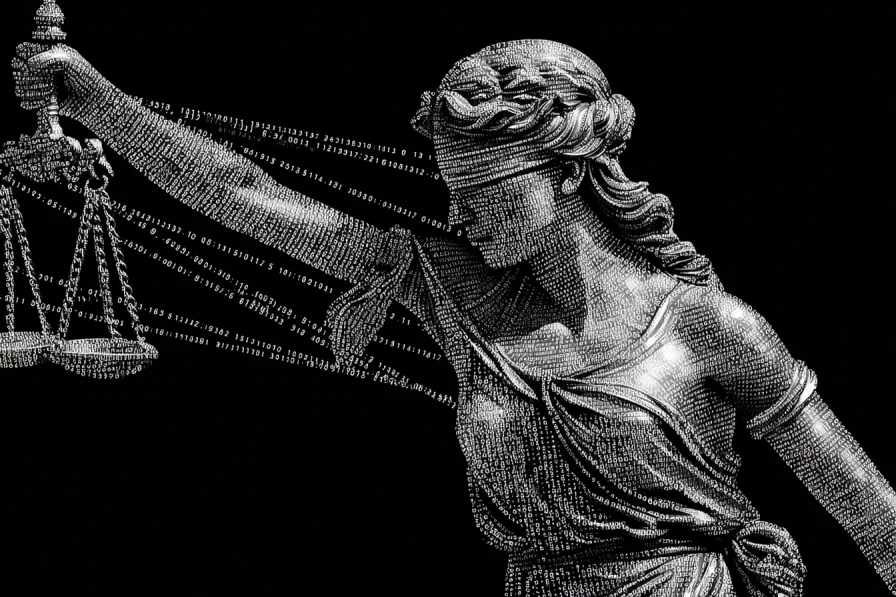Obfuscation Clarity Part 2: The Case for Digital Asset Transparency in 2025
Crypto's Dirty Secret: How Obfuscation Became the Industry's Favorite Shield
The Transparency Paradox
Blockchain promises radical transparency—yet the ecosystem thrives on calculated obscurity. Projects bury technical details under layers of jargon while traders manipulate narratives faster than algorithms can track. Meanwhile, institutional players quietly build infrastructure that actually works.
Data Doesn't Lie (But People Do)
Price movements get attributed to 'market sentiment' when the real catalysts—whale movements, exchange manipulations, regulatory whispers—get obscured behind convenient narratives. Retail investors chase shadows while the real money moves through dark pools and OTC desks.
The Compliance Gambit
Regulators scramble to apply twentieth-century frameworks to twenty-first-century technology. Meanwhile, DeFi protocols automate compliance while traditional finance still relies on manual processes. The irony? The 'unregulated' space often provides better transparency than its licensed counterparts.
Wake-Up Call
The market's finally demanding substance over hype. Projects with actual utility survive while the obfuscators get exposed. Turns out, when you strip away the buzzwords and artificial complexity, what remains either works—or doesn't. The truth has a way of cutting through the noise, even in crypto.

we talked about the Tornado Cash and Samourai Wallet legal situations. One guilty verdict and one guilty plea. The general thrust of that discussion was that clarity is arriving in the FORM of outcomes from the legal system. You can moan about regulation by enforcement. Or not. But guilty pleas and verdicts provide a measure of clarity.
Consequently, anyone in a similar position to those two teams should expect legal problems whether or not they believe they did anything wrong. Last time we did not generalize beyond those cases with a general theory. Now we will do precisely that.
Before that it is important to clarify that we are going to assume, here, that no wholesale changes to the US legal system are in order. If someone wants to challenge the entire edifice of US money transmission regulation and surveillance as unconstitutionally overbroad they may well have a case. Myriad people have complained the PATRIOT Act is not – or should not be – constitutional on all kinds of fronts.
The US legal system has a history of random cases leading to massive changes. A fight over the estate of Texas oil billionaire between his third-and-final wife, a former Playboy Playmate 67 years his junior that he met while she was performing at a "gentlemen's club" in Houston, and his other children led to a complete restructuring of the US bankruptcy courts. Assuming the ground is firm is a bad idea. At the same time predicating your defense on such an outcome is risky. That case only went as far as it did because everyone involved had effectively infinite resources. This is not a constitutional law journal.

